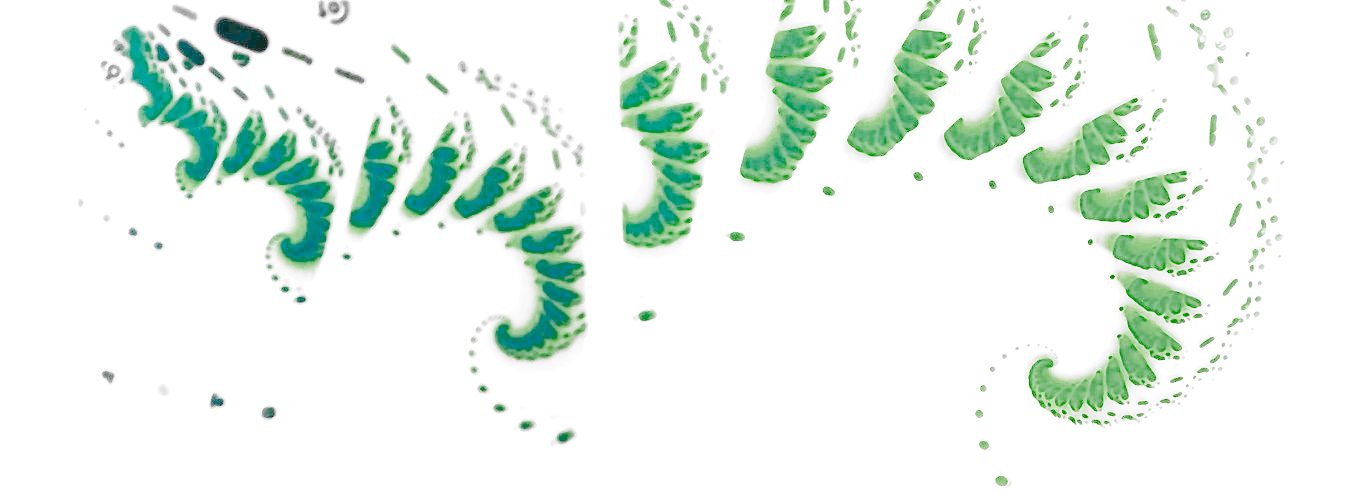Paper | Slides | Published at the 2024 Conference on Artificial Life
Abstract. In many situations, communication between agents is a critical component of cooperative multi-agent systems, however, it can be difficult to learn or evolve. In this paper, we investigate a simple way in which the emergence of communication may be facilitated. Namely, we explore the effects of when agents can mimic preexisting, externally generated useful signals. The key idea here is that these signals incentivise listeners to develop positive responses, that can then also be invoked by speakers mimicking those signals. This investigation starts with formalising this problem, and demonstrating that this form of mimicry changes optimisation dynamics and may provide the opportunity to escape non-communicative local optima. We then explore the problem empirically with a simulation in which spatially situated agents must communicate to collect resources. Our results show that both evolutionary optimisation and reinforcement learning may benefit from this intervention.
